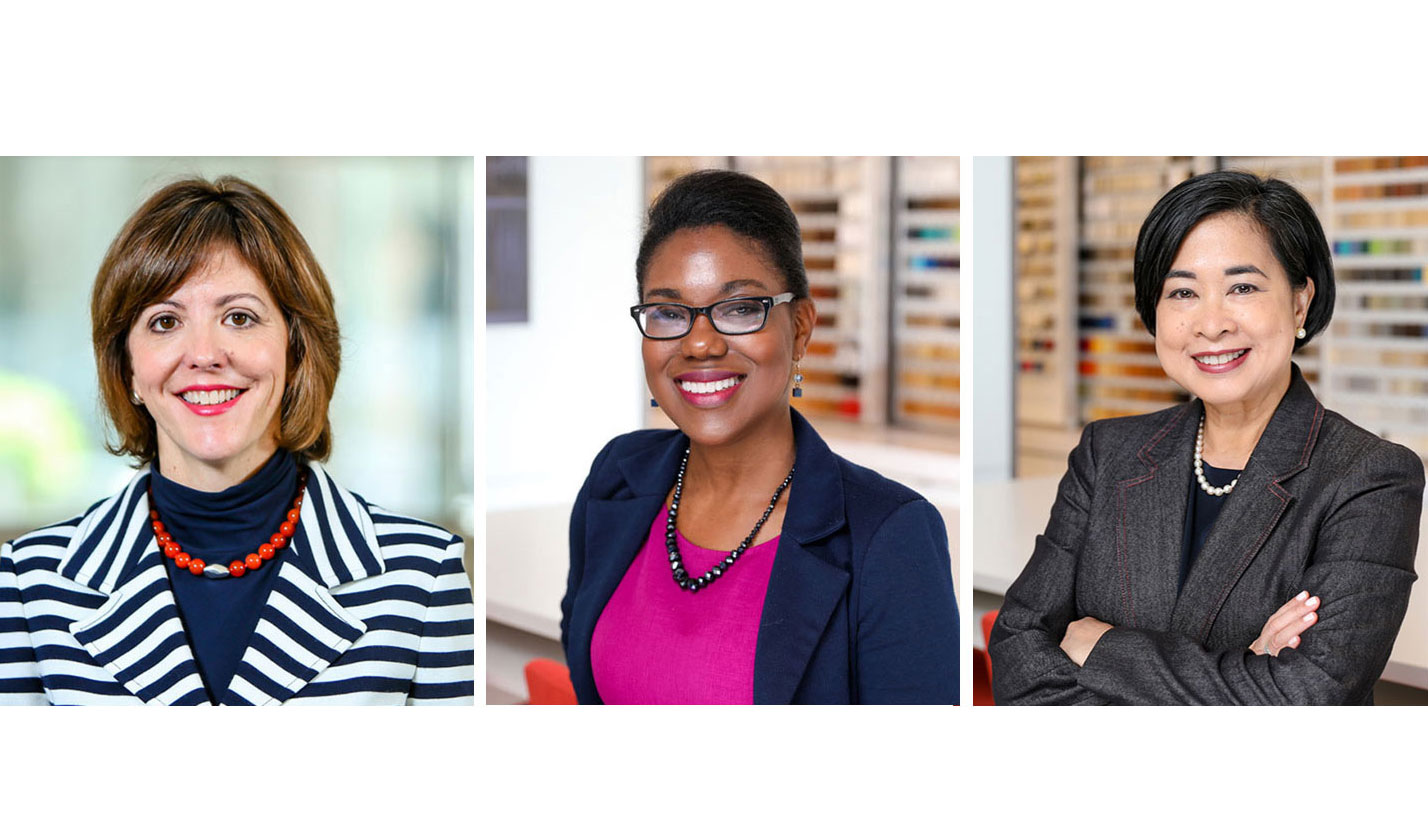

Exploring Unconscious Bias in the Workplace
Page is a supporter of diversity and inclusivity in the A/E/C industry, and is pleased to be a sponsor of the AIA Houston Women in Architecture Committee’s first annual Equity Series: Bias, which considers the role of unconscious bias in the workplace. The firm also has sponsored Women in Architecture exhibitions in Austin and Houston, both of which were chaired by Page employees. The first Bias event, a panel discussion, was attended by female and male Pagers, which was reflected in the mix of women and men in the audience.
Two of the four panelists are active practitioners in the design industry and the other two are academicians. They all shared their own experiences and approaches to exploring implicit, or unconscious bias, in an industry that regularly makes the news for its lack of diversity. Each offered examples of how cultures support the development of unconscious bias and cited studies showing that it exists even among those who consider themselves worldly and open-minded. Despina Stratigakos, an architectural historian, professor and author, related her own role in the creation of Architect Barbie and the intense attention it generated.
A significant theme throughout the evening was that women aspire to be identified by their talent rather than gender, and how that can be accomplished. Several Pagers who attended were inspired to share their own thoughts:
- I was intrigued by Dr. Vida Yao’s four categories of unconscious bias, one of which was bias that is deeply embedded in our brain’s cognitive processing, allowing us to make quick (but sometimes flawed) judgments. Wendy Heger, Page Principal / Client Development Director
- One of the messages that resonated with me was Zaida Basora’s statement that the idea of achieving diversity and inclusion and overcoming cultural, social and professional influences which lead to our own varied levels of biases, is "A Mission Not A Fight”. I had the opportunity to speak with Zaida one-on-one afterward and she expanded on that, saying one can achieve greater success in achieving goal(s) of inclusion, etc. when they continue to look for areas of influence, whether through mentoring younger professionals, recognizing smaller areas of compromise or proving yourself to be deserving of your successes.
Micki Washington, Page Senior Associate / Project Manager
- The interesting revelation in Unconscious Bias is the conversation about equality in the workplace could expand beyond gender or race or creed. We also assess people based on their physical attributes, how they dress, where they live, etc. Our own upbringing and personal background impacts our decisions and actions towards others unconsciously. Why wouldn’t Architect Barbie wear pink if she wanted to? Only when we can clear our mind of these biases, can we truly achieve an integrated, collaborative, productive and fair working environment.
Marissa Yu, Page Principal / Interior Design Director
The other three panelists were Zaida Basora, FAIA, an executive at an architecture firm; Sofia Fonseca de Nino, a workplace strategist and founder of her own pre-design firm and Dr. Vida Yao, an assistant professor of philosophy who specializes in research on ethics and moral philosophy.
Page looks forward to participating in the next segment of the Equity Series: Bias, an interactive workshop intended to positively impact A/E/C workplace inclusivity, on March 29. To register or for more information, click here.
03/05/2018
People
Related Posts
- Transformative Collaboration
- Designing for Equality and Opportunity
- Breaking Down Barriers for Young Women in STEM
- Identifying Unconscious Bias in the Workplace
- Promoting Pay Equity, Gender Equality and Diversity Inclusion in Architecture
- "Shape the Conversation" Succeeds
- Texas Standard Interviews Page Principal Wendy Dunnam Tita








